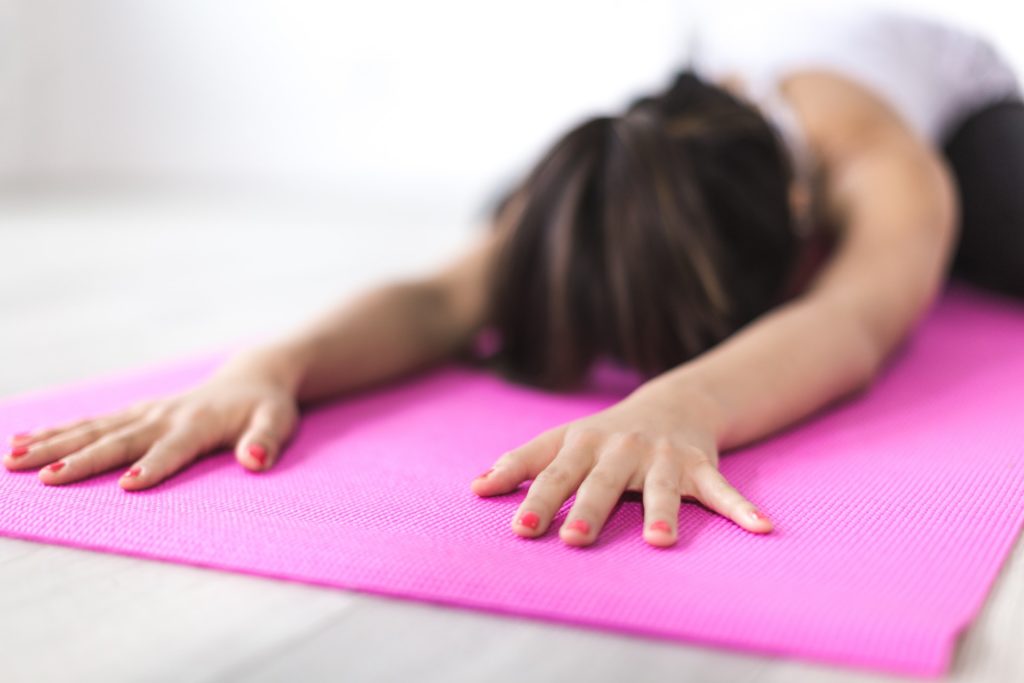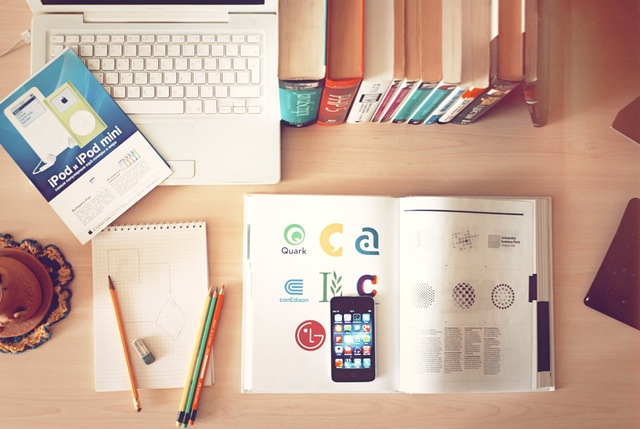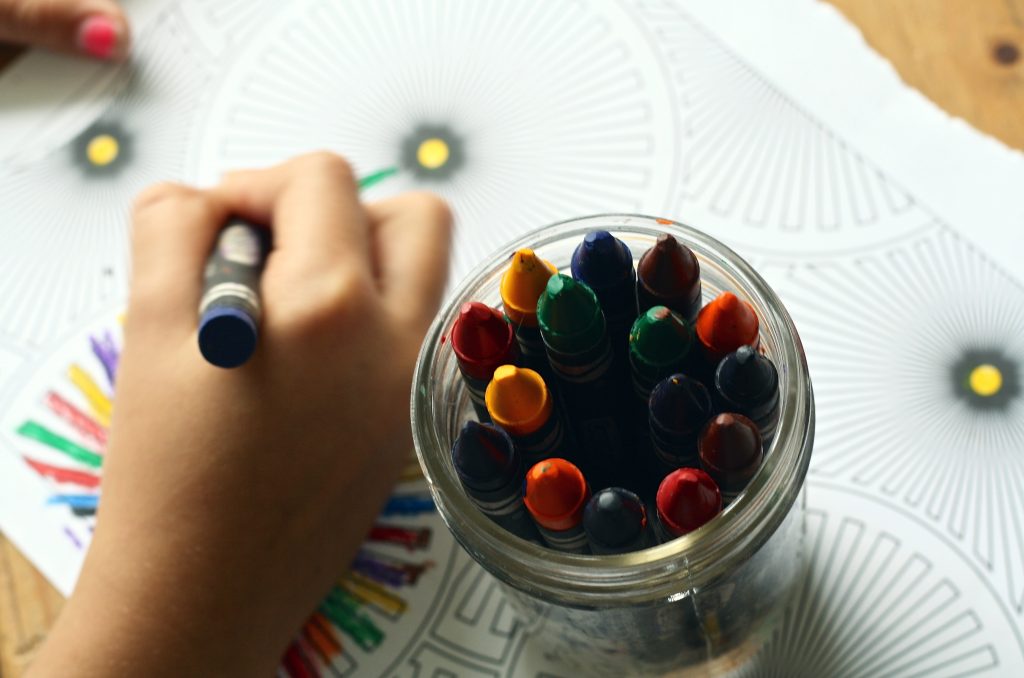Some people might argue that purple lipstick is not an essential, but they never had to pack all their “essentials” in a carry-on for two weeks at the age of 14. So yes, my purple lipstick made the cut (GOD WHY). Packing was sanctimonious for my mother, who insisted that anyone who checked luggage was irresponsible and lacked discernment. This meant that for every 2-week-long trip we took to visit family on the other side of the planet, I was relegated to one carry-on suitcase.
Packing efficiently, once you get the hang of it and grow past your 14 y/o sensibilities, is achievable You choose specific wrinkle-resistant fabrics and restrict yourself to sensible multipurpose shoes (ankle boots, thick heel – trust me). You have “travel” toiletries ready to go and all your suitcase organizers in one place so you’re not forced to use (gasp!) ziplock bags. The system works.
The snag in my system always seems to be books. I must pack 12 of them, but physics only permits me two. I get to neither most of the time, but I need them to be with me just in case I have time (and also osmosis. Books have energy and if you’re around them long enough you feel better). If I do find time to read, well, naturally, I will need options because who knows what my mood will permit: Fiction? Memoir? Self-Help? Business?
The other constraint is who will see me reading. This factors strongly into my book-packing decision because I’m not sure there’s a more inevitable and personal question than, “What are you reading?”
I believe people who ask that (myself included) are attempting polite conversation, but it’s awfully disruptive (can’t you see I’m reading?!). Depending on your answer, you’re placed in a category or, worse, forced to speak to non-book people about your thoughts on a book.
Speaking to fellow book people is one of the world’s greatest pleasures. But non-book people are terrifying. Judgmental and close-minded, they’re not interested in debates or philosophical discussion, they only care about being right about whatever it is you’re reading, without having read the book. Conversations with them are tiresome and to be avoided (you’re welcome to try; I don’t normally advocate avoidance, but I’ve had 35 years of experience trying to have conversations with people who want to be right instead of curious. It’s an exhausting dead-end street).
Books are a gateway into who someone is, but what they reveal is not always an accurate depiction, not without context at least. Neil DeGrasse Tyson admits to reading astrology, for example, and judging him on that, positively or negatively, provides an incomplete picture. You need to know why he’s reading it and what he’s getting out of the book(s).
Knowing what someone’s reading only gives you part of the story. And it’s not the interesting part.
Why are you reading it and what are you getting out of it?
Now there’s a conversation starter.
– Margo
PS: Yes of course I will tell you what I’m reading and why. On the docket at the moment is:
- Margaret Atwood’s On Writers and Writing – I am on an Atwood kick after reading The Edible Woman. But also, writers discussing writing might be my favorite genre. Something about our inability to pin down and codify the creative process, while all of us appearing to have identical experiences, fascinates me. Fun Fact: The book was originally titled: Negotiating With The Dead. You can see why she lost that battle with the marketing department but GDI if that’s not a juicy angle you want to read more about.
- The Selected Works of Audre Lorde edited by Roxane Gay. I’ve spoken about this book before to this list, but READ AUDREY. Holy Moses can this woman write. I have had to slow down reading her essays because I need to sit with them and marinate on the ideas for a while. She writes with fire and passion and enviable clarity of thought and decided purpose. A woman far ahead of her time, even now. It’s as confronting as it is beautiful (and prescient).
- Becoming by Michelle Obama. I know, I’m 500 years late, but I get to things when I get to them. This was supposed to be a “fun, light” read but it’s been hitting a little close to home on a few fronts. Which is crazy because on the surface she and I have nothing in common (I’ve heard many people feel this way and it’s so obvious after reading it why that is).
- A Long Walk To Freedom by Nelson Mandela. Did you know his mom dropped him off with family in a different city after his dad died and was just like, “Bye,” AND IT WASN’T TRAUMATIC. Honestly, I cannot get past this part. Like yes, the rest of his life was important but YOUR MOM DROPPED YOU OFF AND PEACED OUT AND IT WASN’T THE FOCAL POINT OF THE STORY HOW IS THAT POSSIBLE. And what are we culturally doing wrong that a scene like this today would result in neglect and trauma, whereas Mandela experienced it as duty, generosity, and kindness?! 🤯) Also, they walked to this city. With their feet. I cannot get over his early life.
PPS: This week, in addition to suggesting you read all the books and tell me why, a few updates on my end: The Copy Workshop is coming together. I’ll have a timeline for yall soon I promise. Life/pandemic/all-the-things-in-the-way, but it’s coming. In the meantime, you can join 3,119 other students in my Honest Selling Secrets How to Be Good at Sales Without Compromising Your Ethics course (it has 137 positive reviews you can read here).
For those of you looking for something more advanced, I recommend my Marketing Masterclass: The Art and Science of Getting People To Care which goes deeper into psychology and theory.




